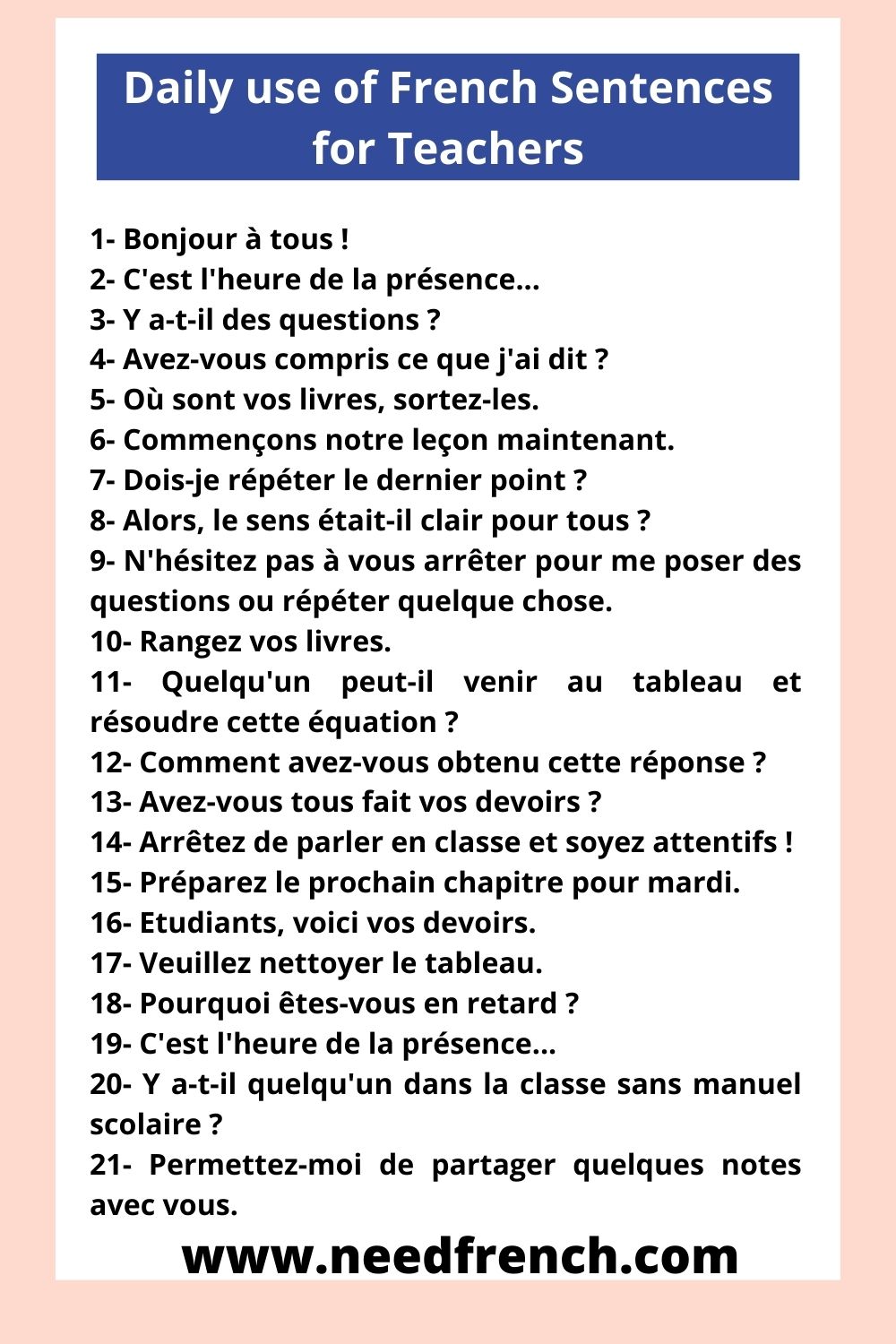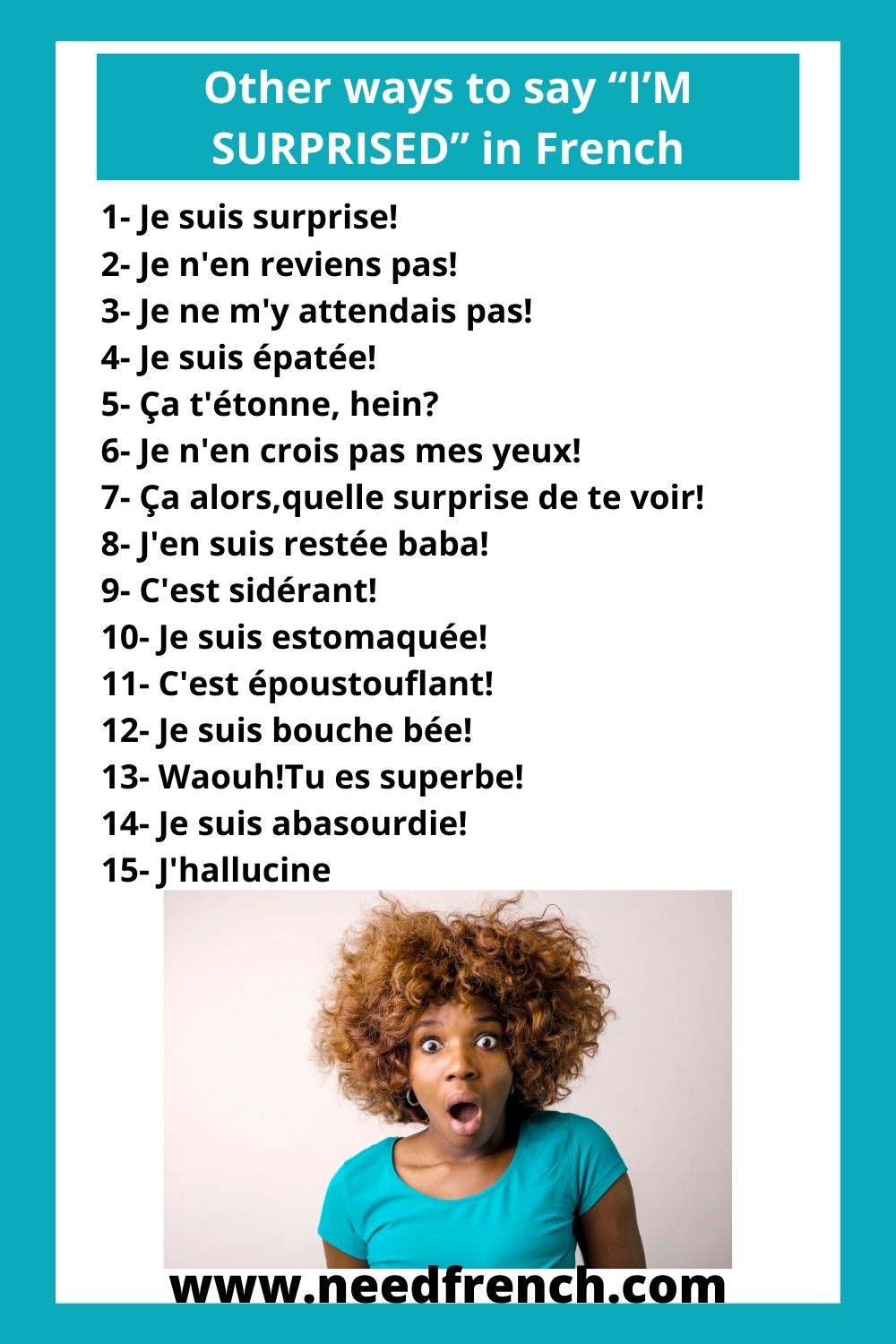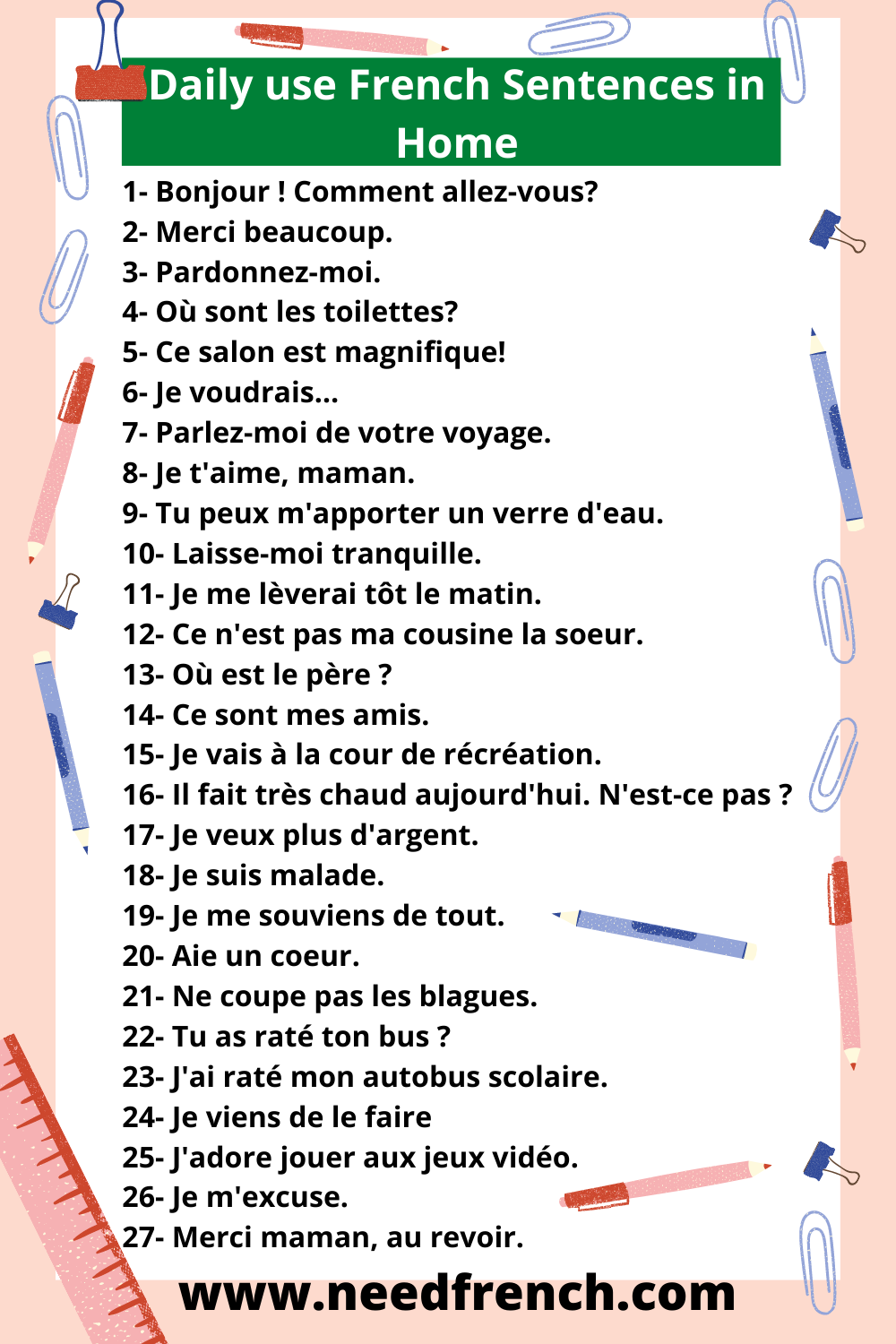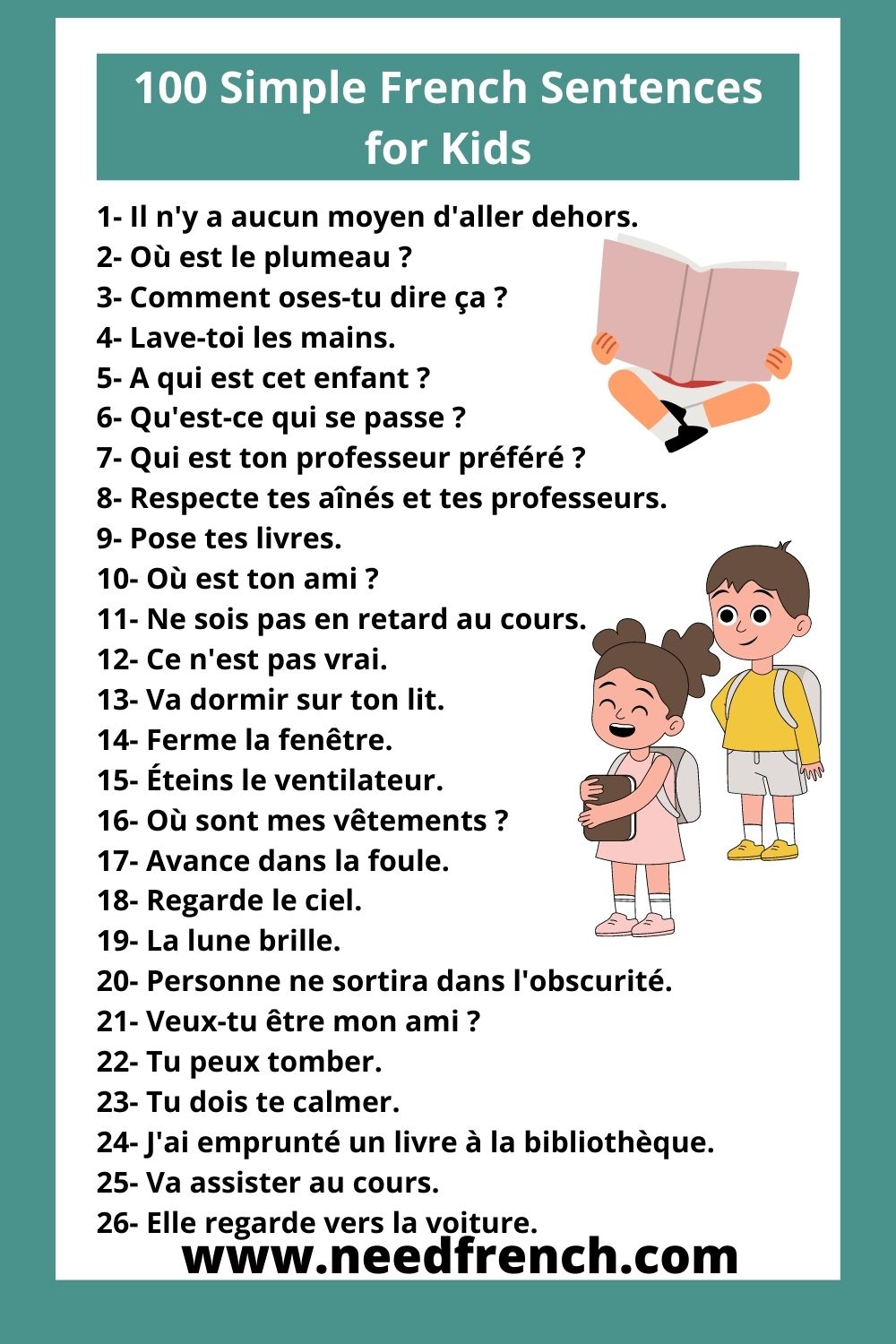In French, many adjectives are derived from verbs and allow us to subtly nuance our language. Rather than using the verb, we can employ the corresponding adjective to bring a different color to the sentence. An exploration of these famous “deverbal adjectives”.
Making Your Expression More Precise with Deverbal Adjectives
Deverbal adjectives can add precision and nuance when you want to qualify a noun. Rather than using the verb directly, they allow you to give a slightly different coloring to the sentence.
For example:
- Voir → visible: Cette maison est visible de loin. –
See → visible: This house is visible from afar. - Manger → mangeable, comestible : Ces champignons ne sont pas mangeables.
Eat → edible: These mushrooms are not edible. - Boire → buvable, potable : L’eau est-elle buvable ?
Drink → drinkable, potable: Is the water drinkable? - Comprendre → compréhensible : Ses explications étaient compréhensibles.
Understand → understandable: His explanations were understandable. - Entendre → audible : Le bruit était à peine audible.
Hear → audible: The noise was barely audible. - Toucher → tangible : Les résultats tangibles ne se sont pas fait attendre.
Touch → tangible: The tangible results were not long in coming. - Croire → crédible : Son histoire n’était pas crédible.
Believe → credible: His story was not credible. - Faire → faisable : Le projet était faisable en un mois.
Do → feasible: The project was feasible in one month. - Lire → lisible : Son écriture n’est pas lisible.
Read → readable: His handwriting is not readable. - Dire → dicible : Cette vérité n’est pas dicible.
Say → sayable: This truth cannot be said. - Écouter → audible : Sa voix à peine audible.
Listen → audible: Her voice barely audible. - Savoir → su : C’est une chose su de tous.
Know → known: It is a known fact. - Vouloir → voulu : Son comportement n’est pas voulu.
Want → intended: His behavior is not intended. - Pouvoir → possible : Cette tâche n’est pas possible pour moi.
Be able to → possible: This task is not possible for me. - Devoir → dû : Le travail dû n’a pas été fait.
Have to → due: The work due was not done. - Falloir → nécessaire : Des mesures nécessaires ont été prises.
Must → necessary: Necessary measures were taken. - Venir → venu : Les invités sont venus nombreux.
Come → come: The guests came in large numbers. - Tenir → tenable : Sa position n’était plus tenable.
Hold → tenable: His position was no longer tenable. - Prendre → prenable : La forteresse n’était pas prenable.
Take → takable: The fortress was not takable. - Mettre → mis : L’accent est mis sur la qualité.
Put → placed: The emphasis is placed on quality. - Laisser → laissé : Le problème a été laissé de côté.
Let → left: The problem was left aside. - Faire → fait : La décision est déjà faite.
Make → made: The decision is already made. - Donner → donné : L’argent donné a été utilisé à bon escient.
Give → given: The money given was put to good use. - Permettre → permis : Cette action n’est pas permise.
Allow → allowed: This action is not allowed.
In conclusion, deverbal adjectives are valuable tools to bring nuance and precision to your written or spoken expression in French. They allow you to avoid repetition by varying the vocabulary used. Thanks to them, you can qualify a noun in a more subtle way than with the verb directly. Deverbal adjectives give a different color to your sentences and enrich your style.
Whether you want to emphasize the possibility, visibility, credibility or any other aspect of an action, there is certainly an appropriate deverbal adjective. Do not hesitate to draw inspiration from them to make your descriptions and texts more vivid. Play with the nuances to express ideas in a precise and refined way. Deverbal adjectives represent a fabulous resource for polishing your expression!














